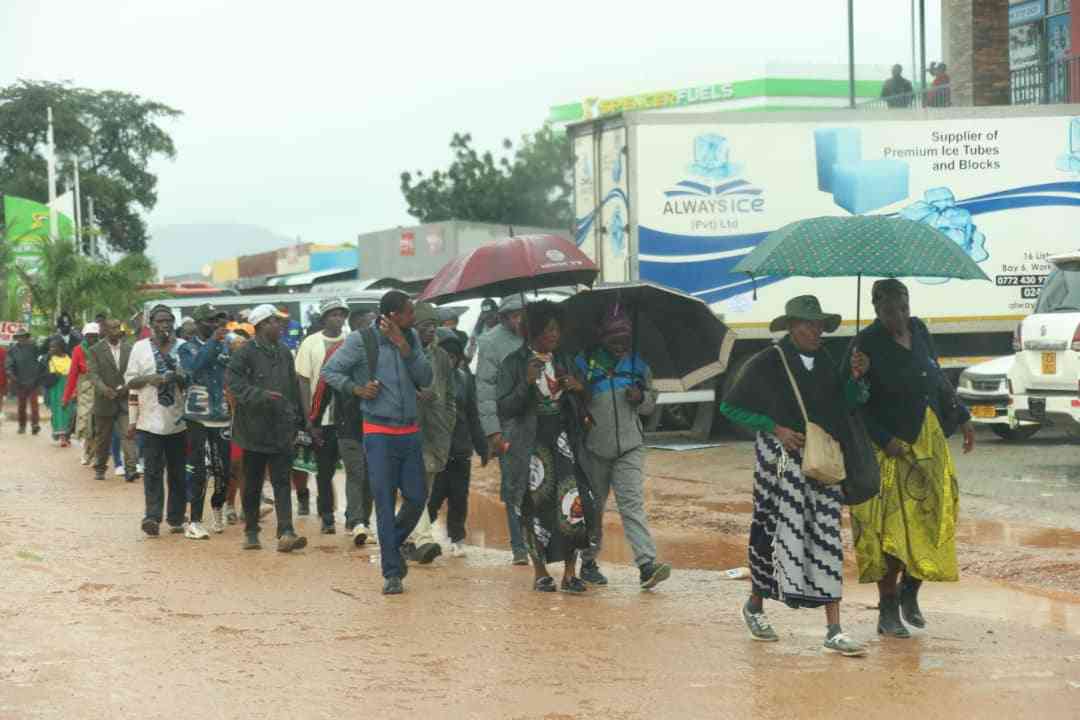THE Mutapa Investment Fund (MIF) has been tasked with handling the country’s electricity structural challenges through the process of merging some entities under Zesa Holdings, with power cuts expected to persist into next year.
Zimbabweans are experiencing crippling power cuts, with some areas going for at least 16 hours a day without electricity as a result of depressed generation capacity at the antiquated thermal and hydroelectric power stations.
Last December, medium-term World Bank projections suggested that electricity demand would grow from 1 950 megawatts (MW) in 2022 to 5 177MW by 2030, driven primarily by increasing demand from the mining and agriculture sectors.
Zimbabwe’s power plants have capacity to generate 2 200MW, but were yesterday generating 1 011MW.
“Cabinet approved a number of measures to enhance the country’s power security. The structural challenges are being addressed by the MIF in a process involving the bundling or merging of some entities under Zesa as recommended by the independent consultant who was commissioned to undertake the task,” Information minister Jenfan Muswere told journalists during a post-Cabinet media briefing yesterday.
“This will result in a more simplified and efficient governance and management structure. Supply side interventions include the rehabilitation of Hwange Units 1-6 under a build, operate and transfer agreement which is set to commence this year.
Keep Reading
- Mnangagwa renames Sovereign Wealth Fund of Zimbabwe
- Is Zim ready for Sovereign Wealth Fund?
- Mutapa Fund needs scrutiny
- Go back to the drawing board
“The MIF is also putting in place the measures to cater for the foreign currency requirements for independent power producers to address the low uptake of net-metering from solar generative electricity. Zesa has specifically been directed to promote the facility and streamline the pertinent procedures and requirements in order to increase uptake.”
Finance minister Mthuli Ncube, who also spoke on the matter during the question-and-answer session, said the relentless power cuts were due to receding water levels in Kariba.
“Much depends on the rainfall prognosis and reports we are getting from our Metrological Department is that we will have a normal rainfall pattern between now and March next year . . . We really expect Kariba to be performing much better in March, April next year,” he said.
Meanwhile, the government said construction of the Mbare Musika Market will commence before the end of this year.
“The fire that gutted Mbare traders’ market as sad as it is has created a great opportunity for the government to design and build sustainable infrastructure that will ensure order in terms of conducting business, thus traders will be able to pay their rates to local authorities,” Local Government minister Daniel Garwe said during the question-and-answer session, adding “there will be governable environment in the infrastructure”.
On harvests, Muswere said they expected 795 000 metric tonnes from 2024 winter cereals production, with 114 761 metric tonnes of wheat already harvested.





